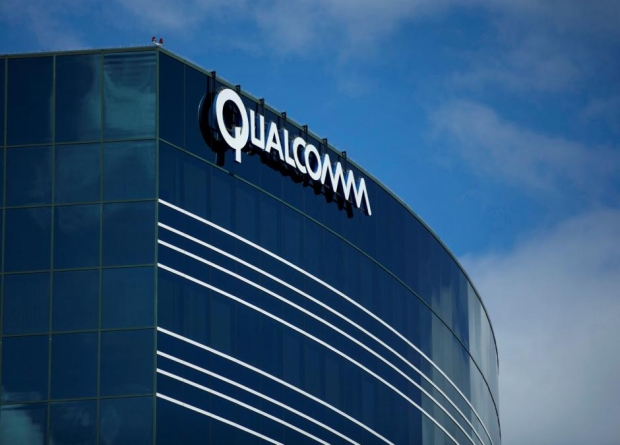The meeting comes after Broadcom raised its cash-and-stock offer last week from $70 to $82 per share, and made other concessions, including offering to pay Qualcomm an $8 billion breakup fee should antitrust regulators block the deal.
Qualcomm said that Broadcom’s new offer still undervalues it and falls well short of the firm commitments on regulatory issues it expected. However, it offered to meet Broadcom to see if it can address what it called “serious deficiencies in value and certainty in its proposal”.
As part of its bid to take over Qualcomm, Broadcom has also launched a campaign with Qualcomm shareholders to replace Qualcomm’s board. Both companies are due to meet proxy advisory firms ISS and Glass Lewis before their February 14 meeting to argue why Qualcomm shareholders should back them in a vote scheduled for March 6.
Broadcom had requested last week to meet over the weekend but has now agreed to meet on Wednesday instead, the sources said on Sunday, asking not to be identified because the meeting’s details are not public.
Broadcom’s antitrust counsel, Daniel Wall of Latham & Watkins said in a filing with the US Securities and Exchange Commission last week that Broadcom is willing to sell two Qualcomm businesses to resolve any antitrust problems. These are its Wi-Fi networking processors and RF Front End chips for mobile phones.
Qualcomm responded that unless Broadcom will agree to do whatever is necessary to ensure the deal closes, a commitment to divestitures without restrictions often referred to as “hell or high water”, it would have to be extremely clear and specific about what actions it would refuse to take.
Broadcom CEO Hock Tan said that Broadcom decided not to offer hell-or-high-water provisions to Qualcomm because it does not view them as a very well defined legal standard.




